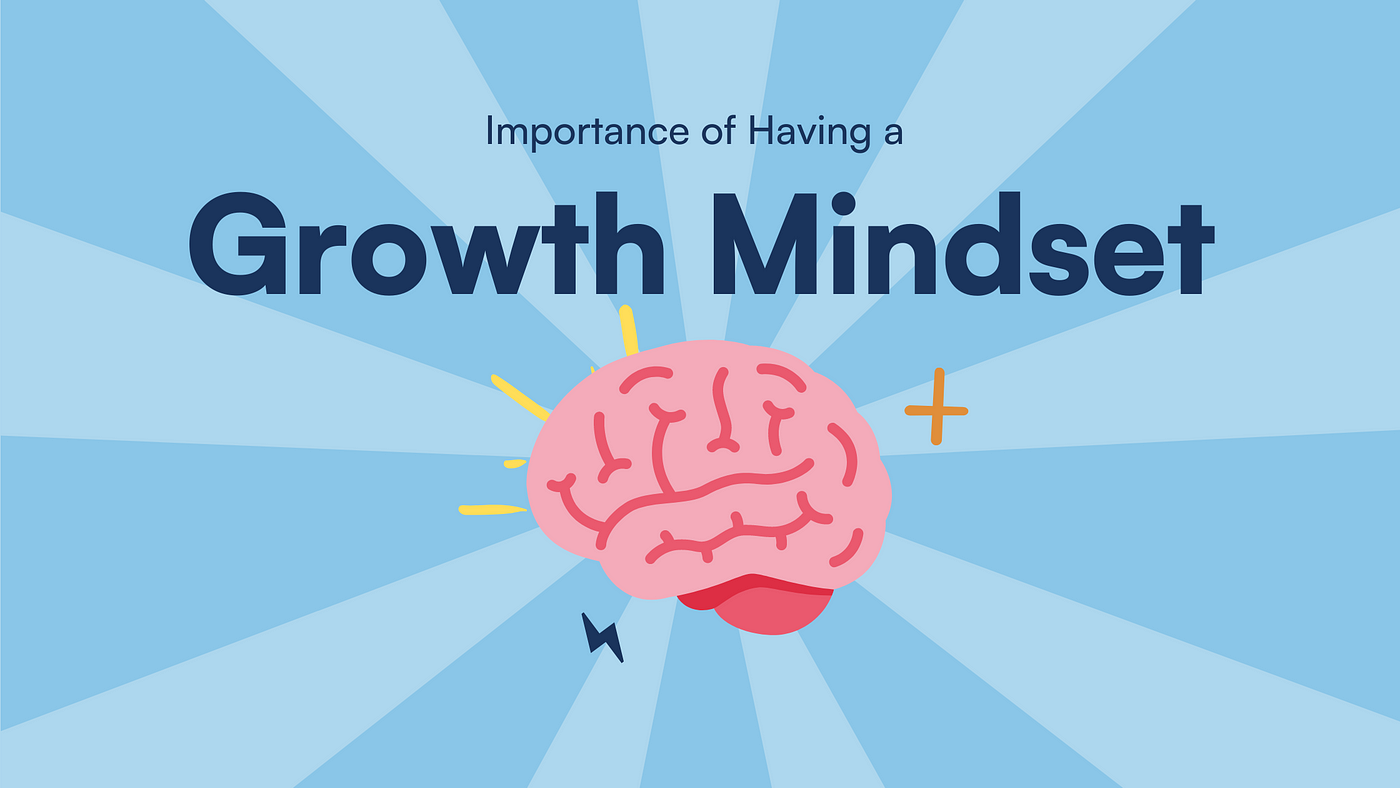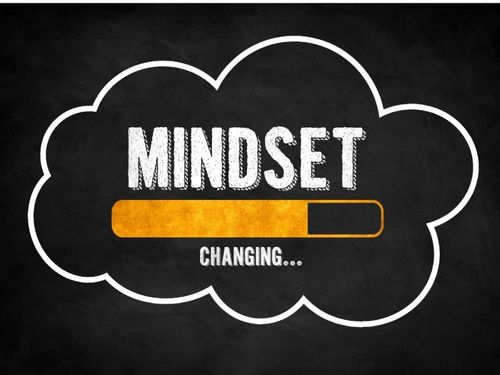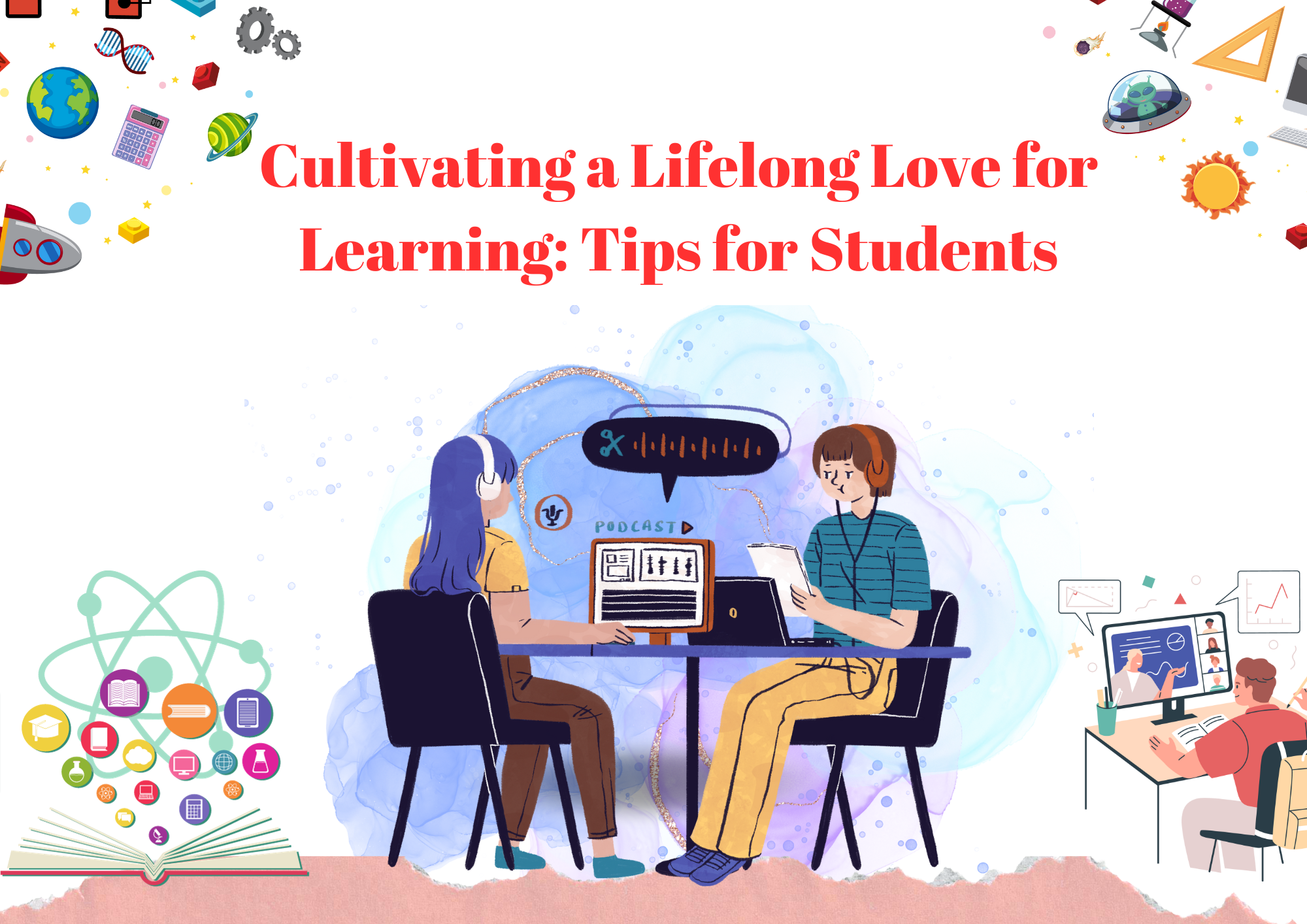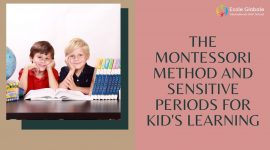Cultivating a lifelong love for learning is a transformative approach to education that extends beyond the traditional classroom setting.
It involves instilling in students a deep-seated curiosity, enthusiasm, and appreciation for acquiring knowledge throughout their lives.
This enduring passion for learning becomes a guiding force, propelling individuals to seek understanding and engage with the world meaningfully.
Importance of Cultivating This Mindset in Students

The significance of instilling a lifelong love for learning in students cannot be overstated. Beyond academic success, this mindset equips individuals with the tools to navigate an ever-evolving world.
Students armed with an insatiable curiosity and a commitment to continuous learning are better prepared for the challenges of the future.
They develop critical thinking skills, resilience in the face of setbacks, and the adaptability needed to thrive in various personal and professional contexts.
Understanding the Benefits

Academic Success
Improved Grades
A lifelong love for learning translates into improved academic performance. When students approach their studies with genuine curiosity and a desire to understand, they are more likely to excel in their coursework. This intrinsic motivation serves as a catalyst for sustained effort and a deeper engagement with the material.
Enhanced Critical Thinking Skills
Beyond memorization, a love for learning encourages the development of critical thinking skills. Students learn to analyze information, draw connections between concepts, and approach problem-solving with creativity.
These skills are invaluable, extending far beyond the classroom into various aspects of life.
Personal Development
Increased Curiosity
Cultivating a love for learning nurtures a natural curiosity within students. They begin to question the world around them, seeking to understand the “why” and “how” behind various phenomena. This curiosity is a driving force for personal growth, as it encourages a continual exploration of new ideas and perspectives.
Broadened Perspectives
Engaging in a lifelong pursuit of knowledge exposes students to diverse perspectives and ideas. This broadening of horizons fosters open-mindedness, tolerance, and a greater appreciation for the richness of human experiences.
It contributes to the development of well-rounded individuals capable of navigating a globalized world.
Long-Term Career Advantages
Adaptability to New Challenges
In an era of rapid technological advancement and evolving industries, adaptability is a key professional attribute. A love for learning equips individuals with the ability to embrace change, learn new skills, and navigate unfamiliar terrain with confidence.
Continuous Skill Development
Lifelong learners recognize that the learning journey does not end with a diploma or degree. They actively seek opportunities for skill development throughout their careers. This commitment to continuous learning ensures that they remain relevant and competitive in an ever-changing job market.
Fostering a Growth Mindset

Embracing Challenges
Overcoming Fear of Failure
A critical aspect of fostering a love for learning is overcoming the fear of failure. Students with a growth mindset understand that setbacks are not roadblocks but rather stepping stones to improvement.
Encouraging a positive attitude towards failure is crucial for creating an environment where learning is viewed as a dynamic and ongoing process.
Viewing Challenges as Opportunities to Learn
Challenges are inherent to the learning process. Embracing them as opportunities to learn and grow is a foundational principle of a growth mindset. Students are encouraged to approach challenges with resilience, curiosity, and a belief in their capacity to overcome obstacles through effort and learning.
Persistence and Resilience
Developing Grit in the Face of Setbacks
Grit, defined as passion and perseverance for long-term goals, is a key component of a growth mindset. Students are encouraged to develop grit by persisting in the face of difficulties. This quality not only contributes to academic success but is also a crucial life skill with applications in various personal and professional scenarios.
Learning from Failures and Setbacks
Rather than viewing failures as indicators of incompetence, a love for learning encourages students to see them as opportunities for improvement. Analyzing failures, understanding the underlying causes, and learning from mistakes are integral components of a growth mindset that extends well beyond the academic realm.
Diversifying Learning Methods

Beyond the Classroom
Exploring Extracurricular Activities
Learning doesn’t end when the school bell rings. Extracurricular activities provide students with opportunities to explore interests, develop new skills, and apply classroom knowledge in real-world contexts. Whether through sports, arts, or community service, these activities contribute to a holistic and well-rounded education.
Seeking Knowledge Outside Traditional Coursework
A love for learning extends beyond the confines of a syllabus. Encouraging students to explore topics outside their prescribed coursework fosters intellectual curiosity and a broader understanding of the world. This self-directed exploration can be facilitated through reading, online courses, workshops, and interactive learning experiences.
Utilizing Technology
Incorporating Educational Apps and Online Resources
In the digital age, technology serves as a powerful ally in the quest for knowledge. Educational apps, online courses, and interactive platforms provide students with diverse and engaging learning experiences. Integrating technology into the learning process not only enhances comprehension but also prepares students for the digital landscape of the future.
Engaging with Interactive Learning Platforms
Interactive learning platforms offer dynamic and immersive educational experiences. Whether through virtual simulations, collaborative projects, or multimedia presentations, these platforms cater to various learning styles, making the educational journey more engaging and effective.
Setting Personalized Learning Goals

Short-Term and Long-Term Objectives
Breaking Down Larger Goals into Manageable Steps
Setting learning goals is a foundational step in cultivating a love for learning. By breaking down larger goals into smaller, manageable steps, students can create a roadmap for success. This approach not only enhances clarity but also provides a sense of accomplishment as each milestone is achieved.
Celebrating Achievements Along the Way
Acknowledging and celebrating achievements, no matter how small, is essential for maintaining motivation and momentum. This positive reinforcement fosters a sense of pride in one’s accomplishments and encourages students to continue setting and pursuing ambitious learning goals.
Aligning Goals with Personal Interests
Pursuing Subjects That Spark Curiosity
Learning is most effective when it aligns with personal interests. Encouraging students to pursue subjects that genuinely spark their curiosity fosters intrinsic motivation. When individuals are passionate about what they are learning, the learning process becomes not only enjoyable but also deeply fulfilling.
Connecting Learning to Real-World Applications
Demonstrating the real-world applications of what students are learning enhances their understanding and appreciation for the material. This connection to practical applications not only reinforces the relevance of education but also inspires a greater commitment to lifelong learning.
Cultivating a Curious Mind
Asking Questions
Encouraging Curiosity In and Out of the Classroom
Questioning is at the heart of curiosity. Educators play a crucial role in fostering an environment where questions are not only welcomed but actively encouraged. Students should feel empowered to ask questions, seek answers, and engage in thoughtful discussions both in and out of the classroom.
Seeking Answers Through Research and Exploration
Curiosity goes hand in hand with the desire to seek answers. Encouraging students to conduct research, explore different sources of information, and draw connections between concepts contributes to the development of critical thinking skills. Research and exploration become tools for satisfying curiosity and expanding knowledge.
Creating a Learning-Friendly Environment
Surrounding Oneself with Books, Educational Materials, etc.
The physical environment plays a role in shaping a student’s attitude towards learning. Surrounding oneself with books, educational materials, and a conducive study space creates an environment that encourages exploration and intellectual engagement. A well-equipped learning environment serves as a constant reminder of the joy and importance of learning.
Participating in Discussions and Knowledge-Sharing
Learning is a social endeavor. Actively participating in discussions, sharing ideas, and engaging in collaborative learning experiences foster a sense of community and shared intellectual curiosity. Group interactions provide opportunities for diverse perspectives, enhancing the overall learning experience.
Building a Supportive Learning Community

Collaborative Learning
Engaging in Group Projects and Discussions
Collaborative learning experiences promote the exchange of ideas, diverse perspectives, and collective problem-solving. Group projects and discussions encourage students to learn from one another, fostering a sense of community and shared intellectual growth.
Learning from Peers with Diverse Perspectives
Each individual brings a unique perspective to the learning community. Embracing diversity in thought and background enriches the educational experience. Learning from peers with diverse perspectives broadens one’s understanding of different subjects and cultivates a more inclusive and tolerant worldview.
Seeking Guidance from Mentors
Identifying Role Models and Mentors
Mentors play a crucial role in guiding students along their learning journey. Whether they are teachers, professionals, or experienced individuals in a particular field, mentors provide valuable insights, advice, and encouragement. Identifying role models and mentors creates a support system that enhances the overall learning experience.
Establishing Meaningful Connections with Educators
Building meaningful connections with educators goes beyond the traditional student-teacher relationship. When students feel a sense of connection and support from their teachers, they are more likely to be engaged in the learning process. Educators, in turn, can provide personalized guidance and mentorship tailored to individual learning styles and goals.
Balancing Academic and Personal Pursuits
Time Management
Creating a Realistic Study Schedule
Effective time management is crucial for balancing academic responsibilities with personal pursuits. Students are encouraged to create realistic study schedules that allow for dedicated learning time while also accommodating other aspects of life. A well-balanced schedule contributes to sustained motivation and prevents burnout.
Allocating Time for Hobbies and Interests
Balancing academic pursuits with personal interests is essential for maintaining a holistic approach to learning. Allocating time for hobbies, sports, arts, or other personal passions contributes to overall well-being and enhances the quality of the learning experience. A balanced lifestyle fosters a positive attitude towards education.
Avoiding Burnout
Recognizing Signs of Burnout
The pursuit of lifelong love for learning should not come at the expense of one’s well-being. Students are encouraged to recognize signs of burnout, such as fatigue, lack of motivation, and decreased performance. Awareness of these signs allows for proactive measures to prevent burnout and maintain a sustainable approach to learning.
Incorporating Breaks and Self-Care into the Routine
Building breaks and self-care into the daily routine is integral to preventing burnout. Taking moments for relaxation, physical activity, and self-reflection rejuvenates the mind and body, enhancing overall cognitive function and resilience. A focus on self-care contributes to a positive and sustainable lifelong learning journey.
Conclusion
Recap of Key Points
In conclusion, cultivating a lifelong love for learning is a transformative journey that extends far beyond academic achievements. It involves embracing challenges, fostering a growth mindset, and actively seeking knowledge both inside and outside the classroom.
The benefits, ranging from academic success to personal development and long-term career advantages, underscore the importance of instilling this mindset in students.
Encouragement for Students to Embark on a Lifelong Journey of Learning
As students embark on their educational journey, they are encouraged to approach learning with curiosity, resilience, and a commitment to continuous improvement.
The pursuit of knowledge is a lifelong love for learning endeavor that opens doors to personal and professional growth. By fostering a love for learning, students not only excel academically but also develop the skills and mindset necessary for success in an ever-changing world.
The journey of learning is not a destination but a continuous exploration, and the rewards extend far beyond the confines of the classroom.









